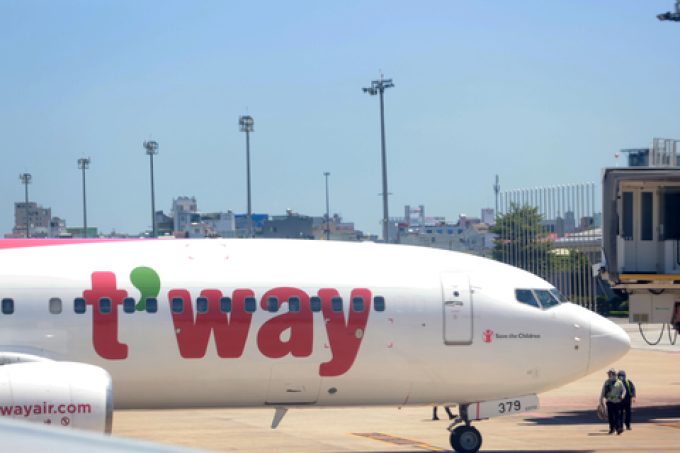DSV agenda reveals it's eyeing more M&A – and pay rises for directors
DSV has revealed plans to continue on its M&A spree, while also proposing to give ...

South Korea’s T’way Air is targeting more air freight business as the first low-cost carrier (LCC) to react to potentially more competition from Korean Air’s (KAL) takeover of Asiana Airlines.
Last Thursday, following approval from EU and US antitrust authorities, KAL completed its $1.3bn acquisition of a 63.88% stake in debt-hit Asiana, a move encouraged by the South Korean government. The carriers’ respective LCC subsidiaries, Jin Air and Air Busan, are expected to be consolidated.
Around the same time, T’way announced it ...
Semiconductors could compensate for air freight's lost ecommerce traffic
'It’s healthy competition' Maersk tells forwarders bidding for same business
Transpacific sees first major MSC blanks as rates fall and volumes falter
'Weakened' Maersk paying a heavy price for its lack of fleet growth
US shippers slam USTR port fee plan – 'an apocalypse for trade'
Opposition builds for final hearing on US plan to tax Chinese box ship calls
Despite sourcing shifts, 'don't write-off China', says CMA CGM CCO
Calling all shippers!
Please give us a minute of your time to answer the following questions:

Comment on this article